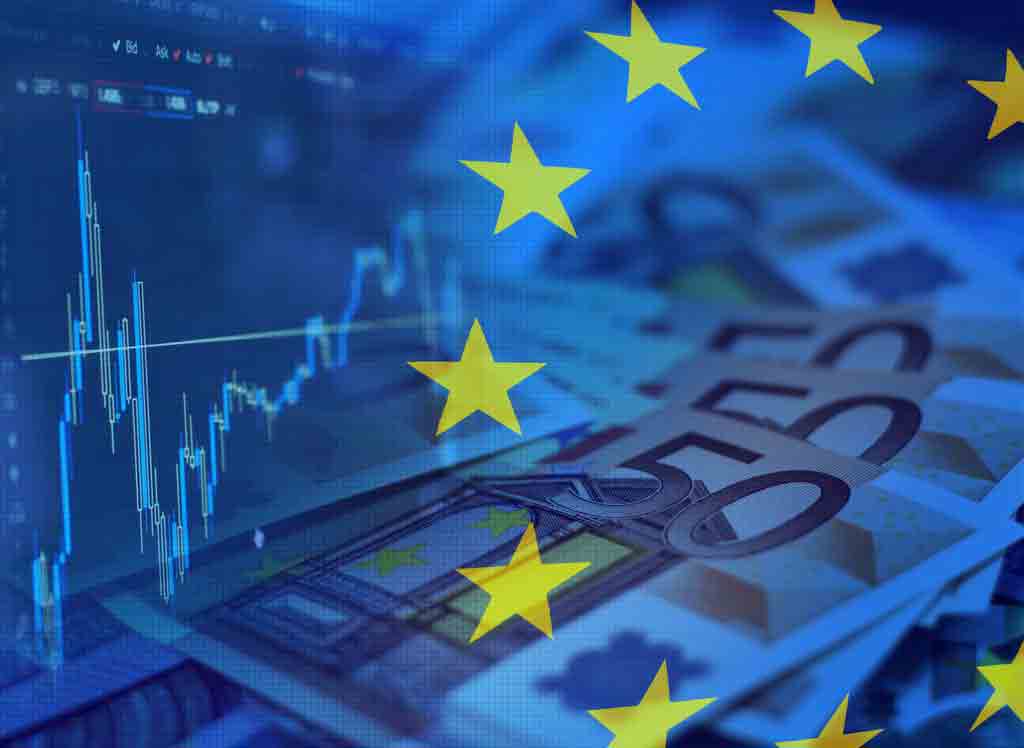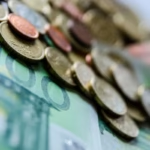Paris, April 7, 2025 – European stock markets opened the week in deep red territory as the financial repercussions of U.S. President Donald Trump’s aggressive tariff strategy continue to ripple through global markets. The Paris-based CAC 40, France’s main benchmark index, fell sharply by 6.8% at the start of trading on Monday, opening at 6,781.39 points—a stark reflection of investor anxiety across the continent.
The dramatic drop comes in the wake of the U.S. administration’s announcement on April 2, introducing 20% tariffs on a wide range of European imports. These measures, which mark a significant escalation in trade tensions, have sparked fears of a full-blown global trade war and renewed concerns about a looming economic recession.
Read Also: Far-Right Leaders Attend Controversial Israeli Conference on Antisemitism
The Paris stock exchange was not alone in suffering the blow. Other major European indices mirrored the same downward trend, reflecting a widespread market sell-off. Germany’s DAX index plunged by 7.86%, while Switzerland’s primary market saw losses of 6.82%. The London Stock Exchange followed suit with a 5.83% decline, and Milan’s index dropped by 2.32%.
Economists and analysts warn that these sharp declines could only be the beginning of a longer period of instability. “Investors are entering the week with high uncertainty,” noted one financial analyst in Frankfurt. “Trump’s tariff strategy is creating a chilling effect on market sentiment. The fear is that retaliation, supply chain disruptions, and reduced global trade volumes could tip Europe and possibly the world into a recession.”
President Trump, on his part, defended the move over the weekend, calling the economic pain a necessary “medicine” to address what he describes as decades of unfair trade practices and unsustainable trade deficits. In his usual combative style, Trump insisted that the tariffs are a tool to pressure major economies into both purchasing more American debt and opening their markets to U.S. exports.
“America will no longer be taken advantage of,” Trump stated during a rally. “These tariffs are just the beginning of a new era of fair trade.”
But European leaders and business communities are not convinced. Many view the tariffs as punitive and unjustified, especially given the fragile state of post-pandemic economic recovery. Brussels has signaled its intent to respond firmly, with European Union trade ministers set to convene later this week in Luxembourg to discuss possible countermeasures and strategies to shield European industries from further shocks.
In the meantime, businesses across Europe are bracing for impact. Several export-dependent sectors, including automotive, aerospace, and luxury goods, are expected to suffer significant losses in the coming weeks if the situation continues to deteriorate.
As financial markets reel and policymakers scramble, one thing is clear: the world is entering a new and volatile phase in global trade relations. Whether Trump’s gamble pays off for the U.S. economy remains to be seen, but for now, it’s the European markets that are feeling the burn.
This article is originally published on prensa-latina.cu









